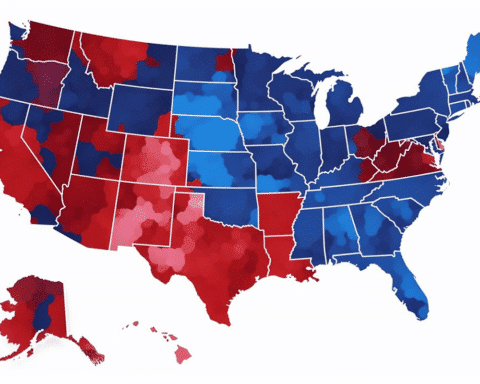Small and independent music venues hold a unique and culturally significant place in the dynamic world of music and entertainment. These venues, often the cradle for fresh talent and the heart of local music scenes, face an uphill battle against rising inflation and changing consumer habits. As operating costs soar, these establishments grapple with maintaining affordability for their audiences while fostering a space for lesser-known artists.
Stephen Parker, the executive director of the National Independent Venue Association (NIVA), highlights the contrasting fortunes of large and small venues in the post-pandemic landscape. While larger venues enjoy the benefits of economies of scale, smaller ones need help to keep their business afloat amidst increased costs and reduced patronage. Established in 2020, NIVA has been instrumental in securing federal aid for the industry and continues to address challenges like price gouging in the resale market.
The plight of these venues is echoed by Dayna Frank of First Avenue Productions, who outlines a near 30% hike in operating expenses since the pandemic. Frank, a NIVA founding member, underscores the multifaceted roles venue owners play, from marketing to maintenance, without the cushion of corporate support.
Paul Rizzo, owner of New York City’s The Bitter End, notes a decline in consumer spending, compounded by younger generations drinking less. This shift, possibly influenced by marijuana legalization, significantly impacts bar sales, a crucial revenue source for many music venues.
Alisha Edmonson and Joe Lapan of Songbyrd Music House in Washington, D.C., face the delicate task of pricing concessions in an environment where customer spending is dwindling. They emphasize the unique economic model of small venues, which differs significantly from local bars or large stadiums.
Andre Perry, NIVA Board President, describes managing a small venue as a “tough balancing act” involving marketing, talent scouting, and adapting to the ever-changing economic landscape. Many owners’ motivation lies in their passion for music and community rather than financial gain.
Cat Henry, executive director of the Live Music Society, advocates for support at state and private levels. Her organization aids small venues, typically with a capacity of under 300, by offering grants to nurture new talent and innovative programs.
The current economic scenario poses significant challenges for small music venues, yet their importance in nurturing local talent and fostering community spirit still needs to be improved. As they navigate the delicate balance between staying financially viable and providing a platform for emerging artists, support from organizations like NIVA and the Live Music Society becomes increasingly vital. It’s a collective effort to preserve these cultural hubs, ensuring they continue to enrich the tapestry of American music and culture.




